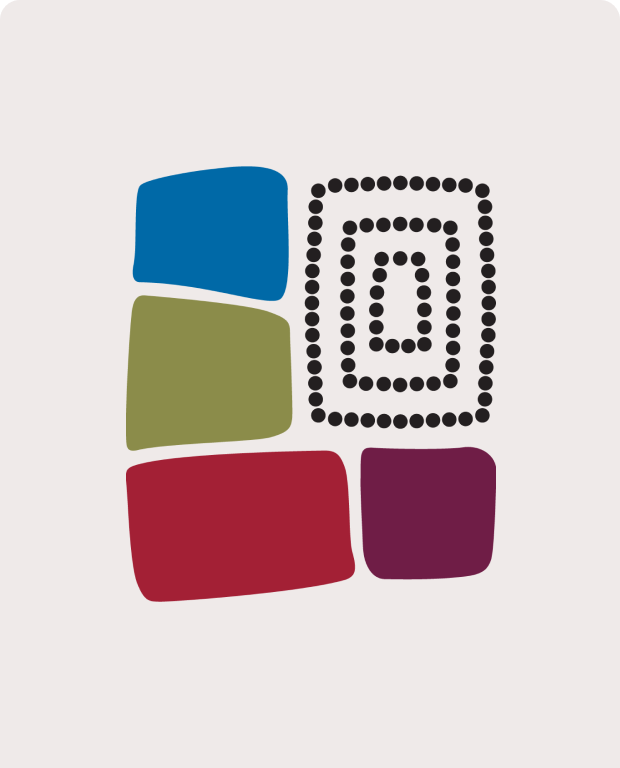The relevance of an accredited Australian Diabetes Educators Association course to Aboriginal health worker and Torres Strait Islander health worker education programs

In 1997, Flinders University opened the postgraduate Australian Diabetes Education Association (ADEA) course to Aboriginal health workers (AHWs). Forty-six AHWs from urban, rural and remote regions of Australia have completed the course from 1998 to 2006 – the first time that large numbers of AHWs have taken an accredited ADEA postgraduate course. The course was originally developed for registered nurses and allied health professionals who had an undergraduate health degree and wanted to qualify as diabetes educators.
The course was opened to AHWs as a result of the First Step Report in South Australia, which had identified diabetes as one of the top five priorities in SA and highlighted training Aboriginal health workers as crucial to tackling this chronic condition within Aboriginal communities. Other research also indicated that diabetes health professionals believed AHWs were the health professionals who were most likely to encourage Aboriginal people to make the lifestyle changes needed to manage diabetes. However, for it to be successful, AHWs also needed specialist diabetes training.
Depending on where they live, between 10% and 30% of Aboriginal people in Australia have Type 2 diabetes. It is a major cause of sickness and death and is found at a much earlier age in the Aboriginal population. Aboriginal people have the fourth-highest prevalence of diabetes in the world, a statistic that needs to be adressed by all health professionals, including AHWs.
To prevent and minimise diabetes-related complications the aim is to increase the Aboriginal community’s awareness, which includes early detection, using proven ways of managing the condition effectively and, if possible, letting people care for themselves. Increasing the knowledge and training of AHWs can have an immediate and direct impact on diabetes detection and management.
In 2006, the course was evaluated to find out what impact it had on the AHWs who took it and on the delivery of diabetes health services. The research results indicated that although only half of the AHWs successfully passed the academic requirements, all of them found the course challenging, motivating, satisfying and highly relevant to their clinical practice and diabetes health care needs of the Aboriginal community.
The research also showed the AHWs increased their understanding of diabetes health care and could use that knowledge to assist their clients: “Actually being able to bring that information back to Aboriginal diabetics here and telling them that these are some of the things that occur. That was something they certainly weren’t aware of. That was a big benefit to me that I was bringing back this information that they were unaware of – I think that’s very important to give back what you learnt (to the community).”
It also indicated the range of barriers that prevents AHWs who have taken the diabetes course from delivering effective diabetes services to their people. For example, some employers did not use the diabetes expertise of their health worker in any constructive way to improve the health of their clients. The report provides recommended strategies that might be used to improve the health status of Aboriginal people with diabetes.
Related resources:
- Merilyn Newton King 2006, Report: The Relevance of an Accredited Australian Diabetes Educators Association Course to Aboriginal Health Workers, Supervisors and Aboriginal People in South Australia, CRCAH, Darwin.
- Merilyn Newton King 2006, Executive Summary: The Relevance of an Accredited Australian Diabetes Educators Association Course to Aboriginal Health Workers, Supervisors and Aboriginal People in South Australia, CRCAH, Darwin.

